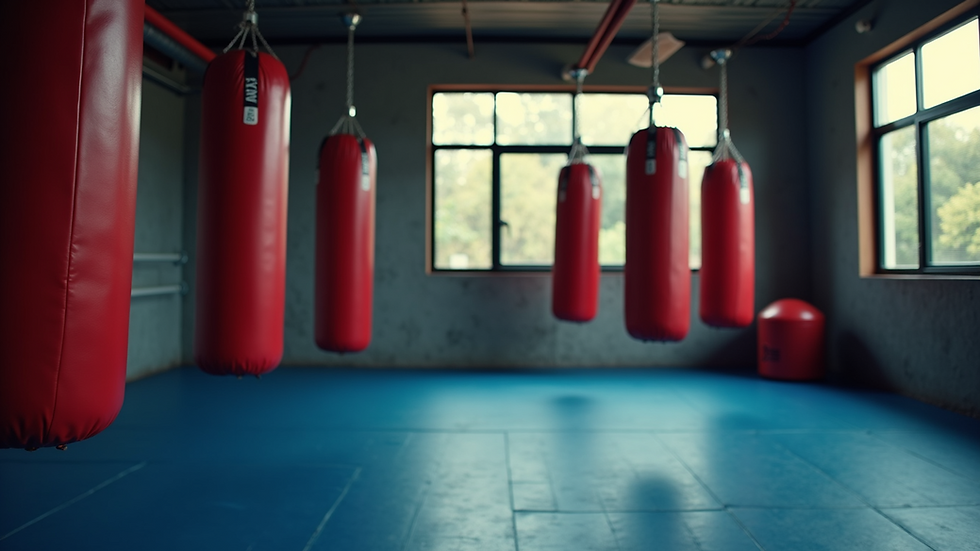A Winning mindset
- Liam(Boss)
- Sep 28, 2023
- 3 min read
In the world of sports, victory is often determined not just by physical prowess but by the mindset of the athlete. Sports psychology, the study of how mental factors impact athletic performance, has gained significant prominence in recent years. Athletes at the highest levels of competition understand that cultivating the right mindset can be the key to achieving greatness. In this article, we delve into the fascinating world of sports psychology and explore the mindset required for success in sports.
The Power of the Mind
While physical training and skill development are undoubtedly important, it's the mental aspect of sports that often separates winners from the rest. Sports psychology recognizes that an athlete's thoughts, emotions, and beliefs have a profound impact on their performance. The mind can either be an athlete's greatest asset or their biggest obstacle.
Key Elements of a Winning Mindset
1. Self-Belief: Confidence is the cornerstone of success in sports. Athletes who truly believe in their abilities are more likely to push their limits and excel. Sports psychologists work with athletes to build self-confidence through visualization, positive self-talk, and setting achievable goals.
2. Focus and Concentration: Maintaining unwavering focus during competition is crucial. Athletes often face distractions, pressure, and anxiety. Sports psychology techniques, such as mindfulness and concentration exercises, help athletes stay in the moment and perform at their best.
3. Resilience: Every athlete encounters setbacks and defeats. What sets winners apart is their ability to bounce back. Resilience training in sports psychology helps athletes develop the mental toughness needed to overcome adversity and keep moving forward.
4. Goal Setting: Setting clear, achievable goals is a fundamental aspect of sports psychology. Athletes who have specific goals are more motivated and driven to succeed. These goals serve as a roadmap to victory.
5. Emotional Regulation: Managing emotions under pressure is a skill that can make or break an athlete. Sports psychologists help athletes identify and manage their emotions, preventing negative emotions from interfering with performance.
6. Visualization: Visualization techniques involve mentally rehearsing success. Athletes create vivid mental images of themselves performing at their best. This not only boosts confidence but also helps improve muscle memory and overall performance.
Case Studies: Athletes Who Excelled with Sports Psychology
1. Michael Jordan: Widely regarded as one of the greatest basketball players of all time, Michael Jordan worked extensively with sports psychologists to enhance his mental game. His unmatched competitiveness and belief in his abilities are a testament to the power of mindset.
2. Serena Williams: Serena Williams, with her incredible mental resilience and focus, credits sports psychology for helping her maintain her dominance in women's tennis for over two decades.
3. Usain Bolt: The world's fastest man, Usain Bolt, used visualization techniques to mentally prepare himself for each race. His confidence and calm demeanor on the track are indicative of his strong mindset.
In the world of sports, success is not solely determined by physical attributes or skills. The mindset of an athlete plays a pivotal role in achieving greatness. Sports psychology provides athletes with a toolkit to harness the power of the mind and develop a winning mindset.
Whether you're an aspiring athlete or simply looking to improve your performance in sports and life, understanding and implementing the principles of sports psychology can be a game-changer. Remember, the difference between an average athlete and a champion often lies in the six inches between the ears – the mind.
So, as you pursue your athletic goals, embrace the mental aspect of the game, cultivate a winning mindset, and watch how it transforms not only your performance but your entire approach to sports and life itself.





Comments